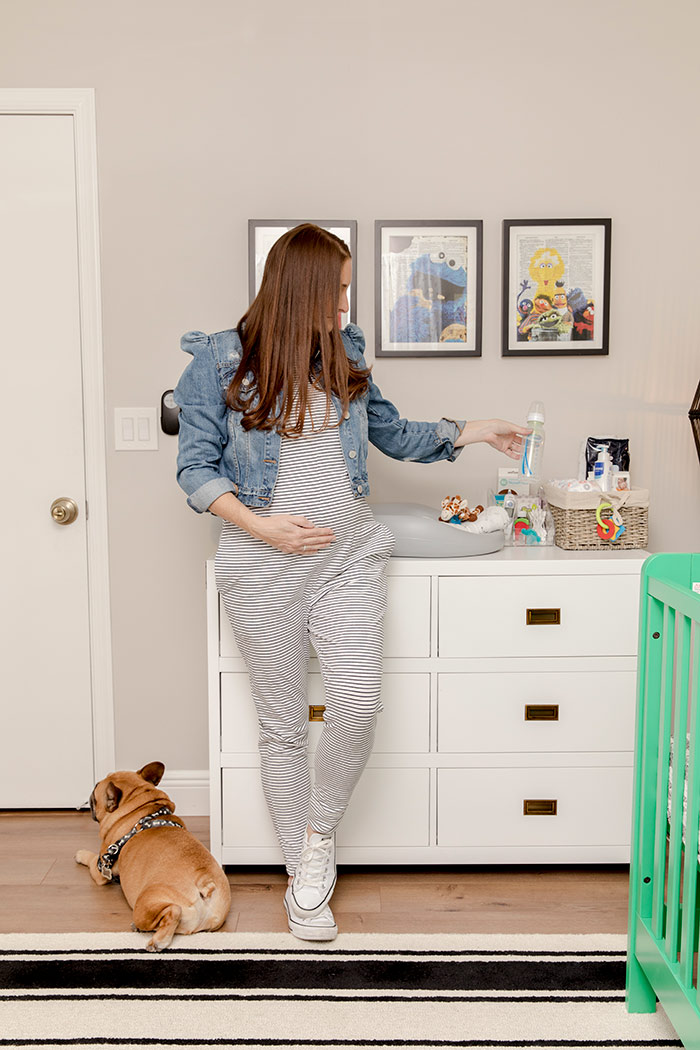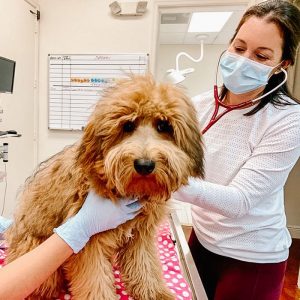
COVID-19 Q&A: Pregnancy and Postpartum
Expecting a baby is a joyous and exciting time! But expecting a baby during a worldwide pandemic is not ideal. Stress and worry may begin to creep in. My sisters and I created Forever Freckled as a resource for navigating parenthood. As you embark on this great adventure during this unprecedented time, we’re here for you! Let’s answer some of your biggest questions about COVID and pregnancy.
Are pregnant women considered high risk for COVID-19?
Novel coronavirus, also known as COVID-19, is a new virus. We are learning more and more about the virus every day, however, there is still a lot that is unknown. Fortunately, the studies that have been done in regards to COVID and pregnancy indicate the risk is the same as with the general population.
However, pregnancy does directly affect a woman’s immune system. If you’re pregnant, it is very important to adhere to the stay-at-home guidelines set out by the CDC. You should also practice good hand washing hygiene.
Pre-existing conditions, such as asthma, hypertension, and diabetes, do increase your risk. So if you have a pre-existing condition, seek medical attention immediately if you develop symptoms.
Are mothers passing COVID-19 to their babies? Is it affecting fetal development?
There is very limited data on the transmission of the virus from mother to baby in utero and during the birth process. The cases that have been studied indicate the risk is very low of passing the virus to the fetus.
There is currently no evidence indicating that COVID-19 affects fetal development.
Should I still go to my prenatal appointments?
Many obstetricians are making accommodations to decrease the risk to their patients. Some practices are increasing the interval of time between prenatal visits as well as decreasing the number of appointments they see throughout the day.
Work with your doctor to ensure they perform the necessary tests for the health of you and your baby. Avoiding going to prenatal visits can be dangerous. Work with your doctor to determine what visits are necessary. Take CDC-recommended precautions to decrease the chances of contracting the virus when at your doctor’s office.
Are the symptoms of COVID in pregnancy different? What should I do if I have symptoms?
The symptoms of COVID vary from patient-to-patient. But the most common symptoms are fever, cough, and shortness of breathe. There has been no evidence that pregnant women are experiencing different symptoms than the general population.
If you are having symptoms, get in touch with your doctor immediately. Your provider will guide you with next steps. If you are having mild symptoms, do not go to the emergency room as you could increase your risk of exposure to the virus.
Is it safe for pregnant women to deliver babies in hospitals?
Hospital staff members are taking extreme measures to ensure your safety. There are many things that can happen during the birth process. Some can be very dangerous for you and your baby. It is important that you are surrounded by doctors and nurses in the event there is a complication.
The risk of not having the right medical support during an emergency is much higher than the risk of contracting COVID-19. Ask your hospital staff about the precautions they are taking and what they expect you to do as a patient to decrease your risk of contracting COVID-19.
I am feeling so much anxiety and sadness. How do I know if these feelings are because of the pandemic or postpartum depression? What should I do?
If you are having feelings of sadness, hopelessness, or difficulty bonding with your baby, talk to your doctor immediately. Whether you feel anxious from the pandemic or postpartum depression, your doctor will provide you with the right tools and resources to help you.
Postpartum depression is not talked about enough in our society. As many as 50% to 75% of new mothers experience “baby blues” after delivery. Up to 15% of those women will develop longer and more severe symptoms. You are absolutely not alone!
I have lost my job and my insurance. Do you know any resources to help me with access to healthcare at this time?
Getting the care you and your family need is more important than ever. To provide the care women need specifically through the first 1,000 days (pregnancy through age 2), the nonprofit 1,000 Days (Instagram or Facebook) teamed up with Maven Clinic (Instagram or Facebook), one of the largest telemedicine providers for women’s and family health, to offer two free virtual doctor’s visits.
You can video chat with OB/GYNs, Pediatricians, Mental Health Providers, and Lactation Consultants, among other specialty professionals. Set up free virtual visits (value $50) at on the Maven Clinic website or by downloading the Maven Clinic app, and enter promo code 1000Days.
Learn more about why the first 1,000 days are so critically important for mothers and babies HERE.




